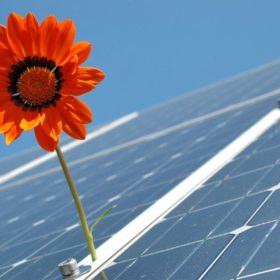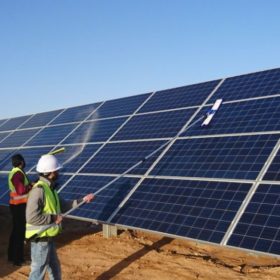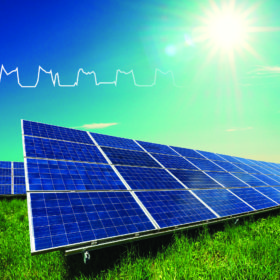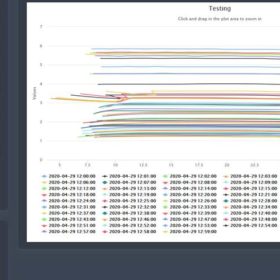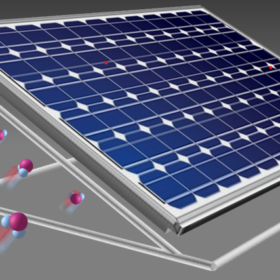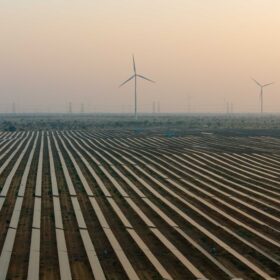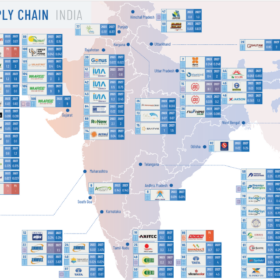Germany to help India evaluate optimal power balancing with renewables
German development agency GIZ has hired DNV GL to study control reserve requirements of India’s southern states. The study—part of the Indo-German Energy Programme—will help ensure efficient and cost-effective integration of large-scale renewable energy supplies in the region.
Innovation promises cheaper solar cell glass manufacturing
Indian scientists have developed a hybrid production method combining metal mesh and a metal-oxide layer over a glass substrate which they say brings down production cost by 80% compared to the tin-doped, indium oxide-based technology currently in use.
China’s JinkoSolar the biggest module supplier to India in first quarter
All the JinkoSolar PV modules shipped to India during January to March period of 2020 are based on mono PERC technology, comprising full-cell and half-cell modules.
New method for life cycle assessment of PV technologies
Researchers in Australia have conducted a ‘cradle to grave’ life cycle assessment (LCA) of the four most widely used PV technologies. The academics say that cadmium telluride solar modules have the lowest life cycle impact, followed by amorphous, multi and monocrystalline silicon products.
Water scarcity and the growing need for smarter solutions in solar projects
The inefficiency and irregularity of cleaning the solar panels manually, and the associated use of water defeat the purpose of shifting to renewable energies.
Torrent Power sees opportunity of renewables-plus-gas based flexible generation
The integrated power producer, which has 138 MW of operational solar capacity and 2730 MW of state-of-the-art gas based power plants, sees opportunity of flexible generation to sell pooled round-the-clock power [renewable + gas] at competitive cost on a long-term basis.
The long read: Understanding LeTID
Light- and elevated temperature-induced degradation (LeTID) of PV cells can have far-reaching impacts on the efficiency of modules. Alison Ciesla and Brett Hallam of the University of New South Wales argue that accelerated testing, such as that included in the forthcoming IEC standards, is critical for LeTID identification and quantification in order to manage these impacts.
A new device to detect PV panel failure
A Spanish start-up has developed a system which offers automated fault detection in solar panels at any scale.
Solar canopies can put PV panels in some new and interesting places
A major advantage of this design is the ability to string cables over a longer distance without the support needed in traditional racking approaches.
Harvesting atmospheric water to cool down PV panels
Scientists from Saudi Arabia have proposed a new PV panel cooling technique which employs an atmospheric water harvester. The device uses waste heat from the PV panel to collect atmospheric water at night and then releases it during the day to cool down the module. The researchers claim the device may also be improved to produce liquid water, which could be used for the cleaning of the modules.



